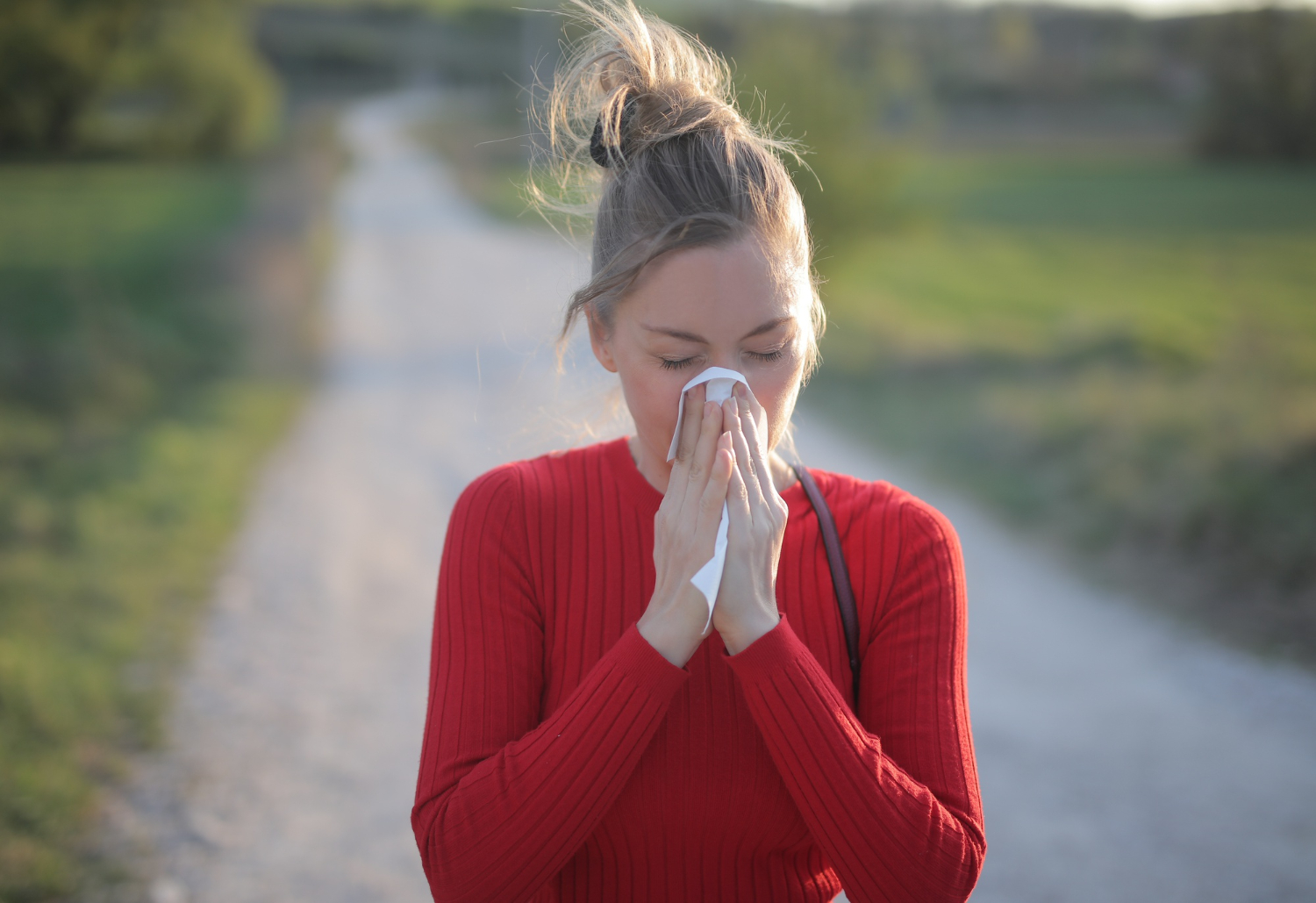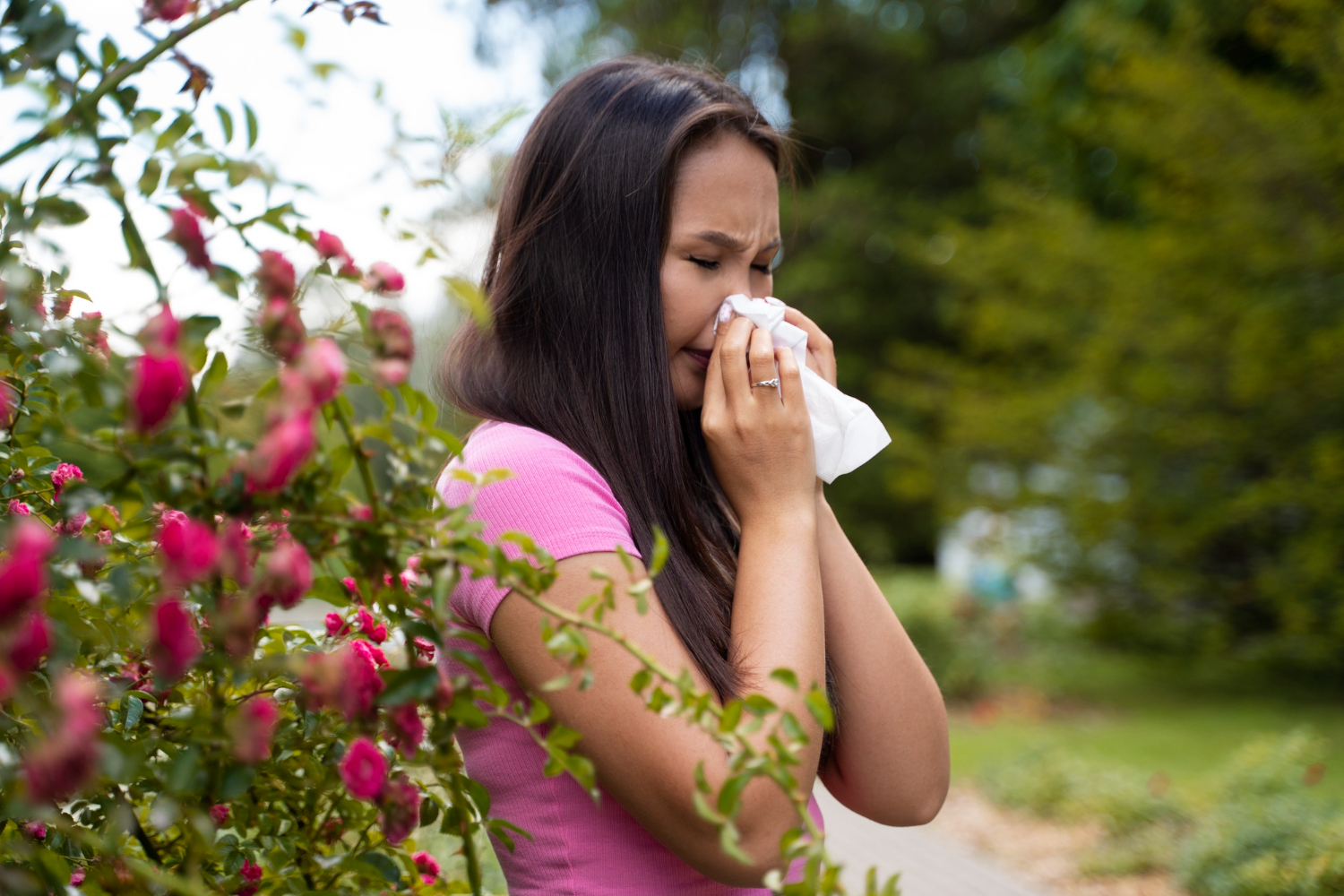
What Causes Peanut Allergy?
A peanut allergy is among the more common allergies, and it is common to know at least one person who suffers from it. One suffers from it when their body mistakes the proteins in peanuts as a threat. What the immune system does next to protect the body is what we perceive as an allergic reaction. The peanut allergy level varies from person to person, depending on their immune system.
Since peanuts are a common ingredient, knowing your allergy type is vital. But don’t worry; Frontier Allergy is here to simplify and shed some light on peanut allergy! Keep reading to learn more!
Peanut Allergy in Children
Sometimes, your child might have an allergic reaction to peanuts the very first time they come in contact with it. Sometimes, the allergy develops or decreases over time. There is no way of predicting if your child is allergic or would develop an allergy to peanuts. But, if they have any other allergy to nuts or other food products, consider getting them checked for this or any other particular allergy they may have.
Peanut Allergy in Grown-ups
Peanut allergy in adults can develop at any age, or may be present from childhood. According to the research, nearly 1 in 8 adults in the US has developed an allergy after the age of 18. As an adult, it is essential to know the ingredients you consume if you have any allergies. Getting checked by an allergy specialist will also help you deal with the reactions.
If you feel any tingling/itching/swelling in your mouth or throat or have digestive issues after consuming peanuts, consider a consultation with a doctor.
Types of Exposure
Every person reacts differently and with different intensities. To some, ingesting peanuts may cause a reaction, while to some, simple contact with the skin or inhaling the particles may trigger a response. Working with a professional allergist is the safest way to know how one reacts.
Direct Contact
When you eat peanuts or items containing peanuts/peanut extracts, you are in direct contact with them, resulting in your allergic reaction.
Cross Contact
When you consume something that has been in contact with peanuts, you indirectly take the allergen into your body, which then causes a reaction.
Inhalation
Some people have an extreme reaction to peanuts and may inhale particles of ground peanuts. That inhalation may cause a response that will need to be tended to.
Symptoms of a Peanut Allergy
Peanut allergy symptoms, like any other food allergy, may vary based on your immune system. If you are wondering if you are allergic, here is what you can look out for-
Skin Reactions
The most common reactions to a peanut allergy are getting hives, redness in your throat or around your mouth, or swollen throat, lips, and tongue. If the swelling is too high or doesn’t reduce, it can cause further complications, such as problems in eating, swallowing, or breathing. You may want to visit a doctor in that case.
Itching or Tingling
Itching or tingling in or around the mouth and throat is another common symptom of an allergic reaction. Tightening of the throat is also commonly seen. Although not life-threatening, it can be troublesome and irritating and can cause disturbance in your daily routine.
Digestive Troubles
Many people suffer from digestive problems like diarrhea, stomach cramps, nausea, or vomiting from ingesting peanuts. It causes mild to severe discomfort and may need medical attention.
Anaphylaxis
Anaphylaxis is a severe condition in which you need immediate medical help. You want to be prepared for it if you know you are allergic to certain foods like peanuts, and you must speak with your doctor about what to do in an emergency. Anaphylaxis is not something to be taken lightly and may even cause death.
If you see more than one symptom, you may be allergic to certain food items. It is best to visit a doctor to ensure you know what you are allergic to.
When to see a Doctor?
If you doubt, you are indeed allergic to something, that is the right time to visit a doctor. If you don’t, you won’t know with certainty what exactly is causing that reaction. With test results and consultation, you know how to deal with a reaction and avoid these situations. You can even treat your symptoms slowly. It is best to visit your doctor at the earliest in case of allergies.
Contact Us Today!
We at Frontier Allergy, Asthma, and Immunology provide personalized care for adults and children with allergies, asthma, and immunologic conditions. We care about your pain and allergic problems and offer customized care and treatments and have certified specialists working for you. Don’t hesitate to contact us today!

Written/Reviewed by: Dr. Neha Reshamwala
NPI number: 1780874578
Page last reviewed: 03/12/2024


 All blog posts
All blog posts





